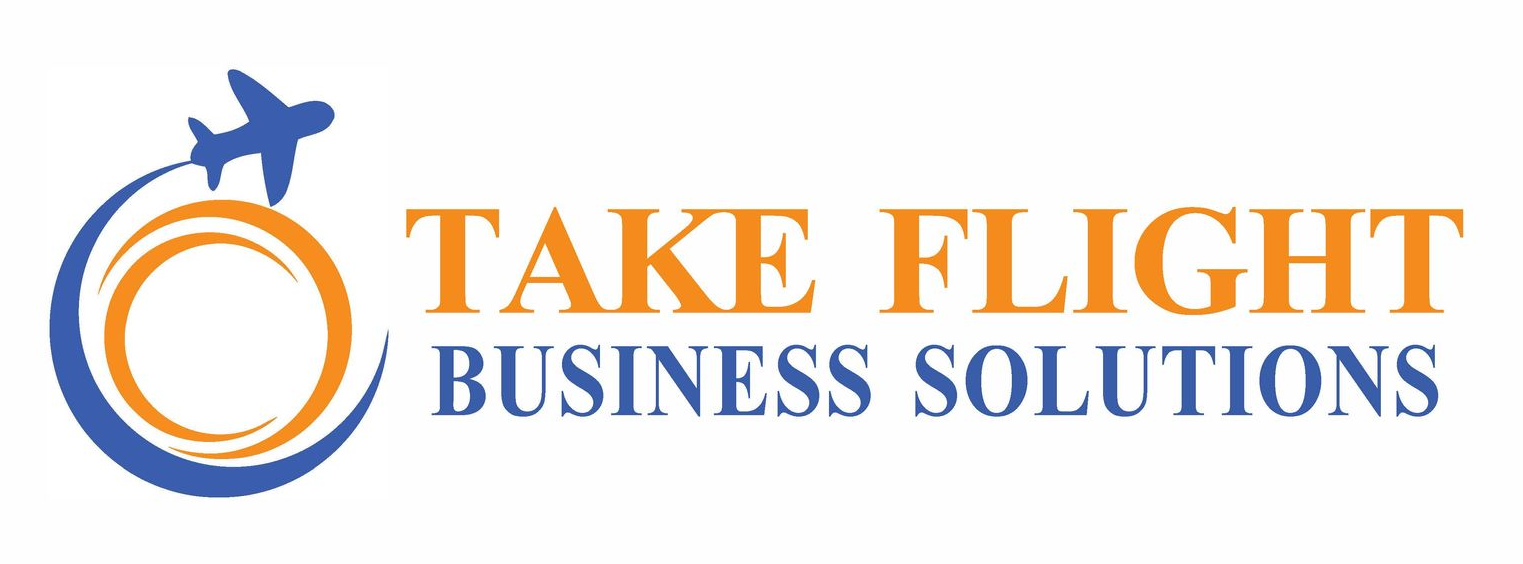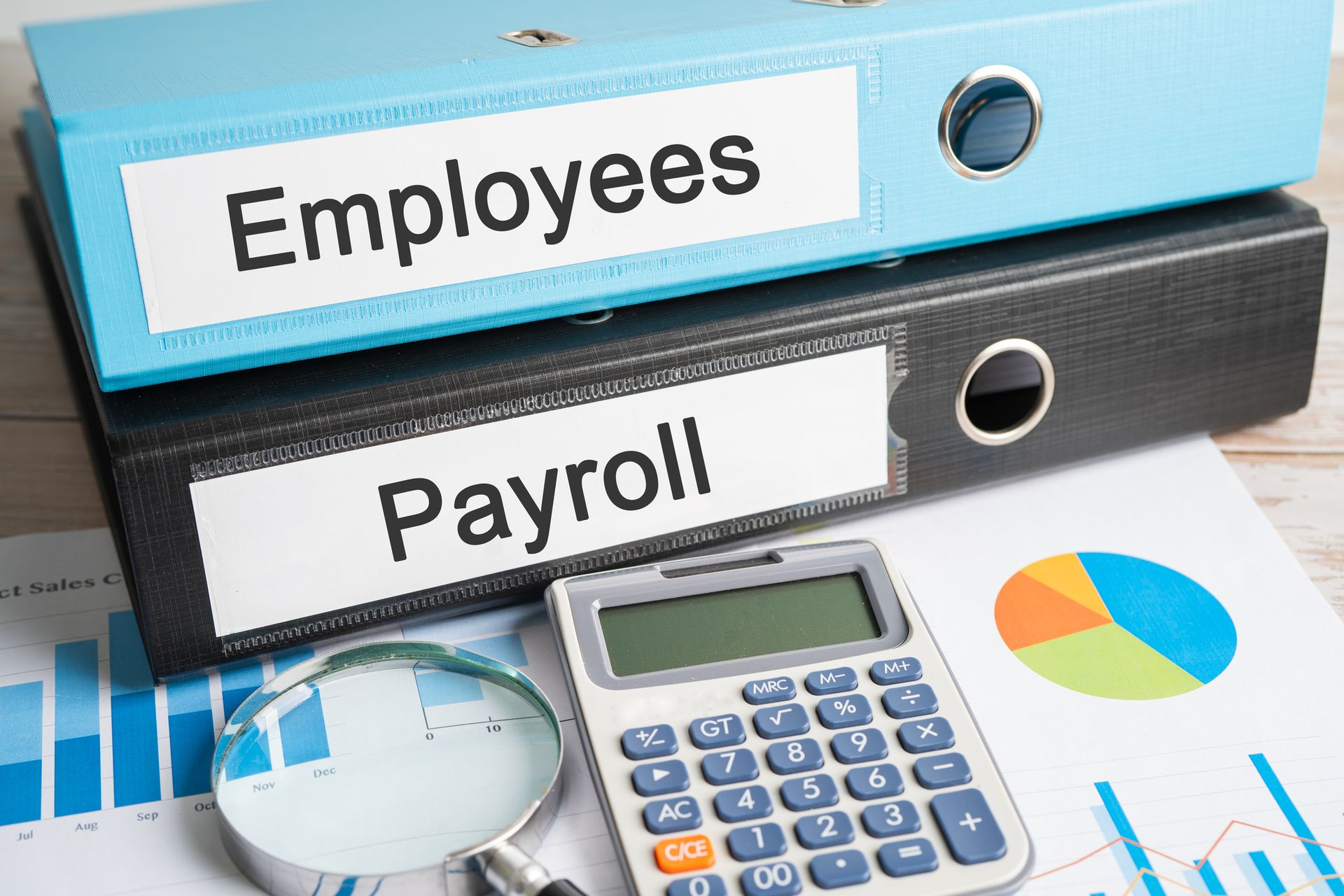The IRS Is Using AI to Target Tax Cheats — Here’s What That Means for You
The IRS Is Using AI to Target Tax Cheats — Here’s What That Means for You
The Internal Revenue Service has officially joined the AI arms race — and they’re using it to track down tax evasion with stunning accuracy.
For business owners, investors, and high-income earners, this is a critical moment. With artificial intelligence now deeply embedded in IRS enforcement, you need to understand how the IRS is targeting people, what the red flags are, and how to stay audit-proof.
Let’s break it down — with official IRS sources and real examples.
How the IRS Is Using AI Right Now
The IRS has begun deploying machine learning and predictive analytics to spot noncompliance faster and more efficiently. This effort is part of the agency’s renewed enforcement push, funded in large part by the Inflation Reduction Act, which allocated $80 billion to modernize IRS operations over the next decade.
According to a September 2023 IRS press release [source below], here’s what they’re focusing on:
- High-income earners who haven’t filed: AI has identified over 1,600 individuals with income exceeding $400,000 annually who failed to file tax returns in at least one recent year.
- Large partnerships and LLCs: The IRS is now using AI to audit complex pass-through entities that historically escaped scrutiny due to their size and structure.
- Abusive tax schemes: These include offshore accounts, fake trusts, conservation easements, and fraudulent ERC claims — all of which AI tools can now flag using pattern detection.
- Digital assets and crypto activity: IRS algorithms are tracing blockchain data to find underreported crypto transactions, especially from platforms that issue Form 1099-K or 1099-B.
Source:
IRS. “IRS announces sweeping effort to restore fairness to tax system with Inflation Reduction Act funding; new compliance efforts focus on high-income, partnerships, corporations”. IRS.gov, Sept. 8, 2023
🎯 Who Is the IRS Targeting with AI?
The IRS isn’t applying AI randomly — they’re laser-focused on areas where they believe the most tax is being lost. According to IRS Commissioner Danny Werfel, their goal is to "ensure that high-income earners, large partnerships, and corporations pay their fair share."
Here’s who they’re targeting most aggressively:
1) High-Income Individuals
- Earning over $400,000 per year.
- Reporting suspiciously low deductions or failing to file altogether.
2) Crypto Traders & Investors
- Especially those with wallet activity not reported on their 1040.
- AI tools now match blockchain transactions with IRS data.
3) Owners of Multiple LLCs or Complex Entities
- Pass-throughs and real estate holding companies.
- Entities structured to reduce visibility or responsibility.
4) ERC & COVID-Relief Claimants
- Those who improperly claimed the Employee Retention Credit (ERC) are under intense scrutiny.
- IRS Criminal Investigation and AI tools are scanning amended returns.
5) Sellers Using Venmo, PayPal, and eBay
- If you earned more than $600 from online sales and don’t report it, a 1099-K will be matched via AI tools.
How This Impacts You as a Business Owner
If you own a business or report income from investments, crypto, rentals, or high-level 1099 gigs, you’re already in the new AI radar zone.
AI tools look for behavioral patterns — not just missing forms. For instance:
- You write off travel as “business,” but your social media shows a vacation.
- You show net losses year after year, but your bank deposits suggest otherwise.
- You own rental property but don't report depreciation or Schedule E income.
- You filed a suspiciously large ERC refund last year.
We anticipate that these mismatches can trigger AI alerts and automatic audit scores, especially when cross-checked with third-party data from banks, credit card processors, crypto exchanges, and public records.
How to Stay Safe: 4 Smart Steps
1) Tighten Your Recordkeeping
Your financials should be bulletproof — including receipts, mileage logs, payroll records, and entity structure documentation.
2) File Accurately and On Time
Late or inconsistent filings = red flags. Avoid DIY tax software if you’re handling complex filings or large deductions.
3) Don’t Claim What You Can’t Prove
The IRS no longer has to “guess” — if your return doesn’t match your activity, AI might catch it. Always document your tax positions.
4) Work With a Strategic CPA
At Take Flight Business Solutions, we do more than file returns — we help clients stay compliant, build audit-ready systems, and leverage tax law, not loopholes.
Bottom Line: Transparency Is the Best Defense
The IRS is no longer relying on manual audits and random selections. AI-driven audits are faster, cheaper, and smarter — and they’re being deployed right now.
The best way to protect yourself is to stay clean, stay current, and get expert guidance.
If you're unsure whether your books, filings, or ERC claims can hold up under scrutiny — now is the time to act.
📞 Need a compliance review or tax planning session?
Contact us at 850-303-2133 and schedule a consultation. Let’s make sure your financials are airtight — before the IRS AI knocks on your digital door.












